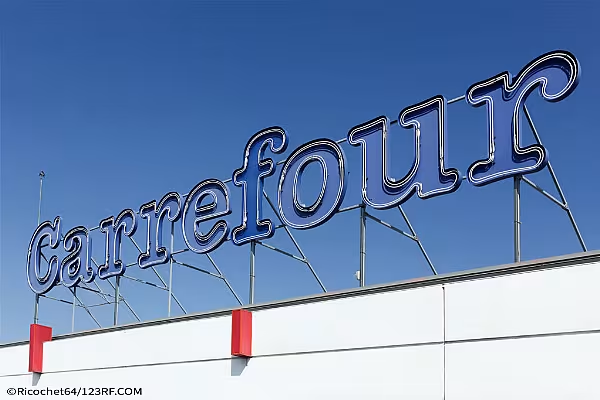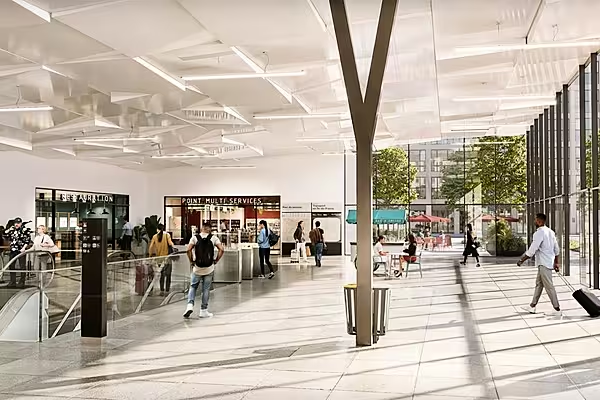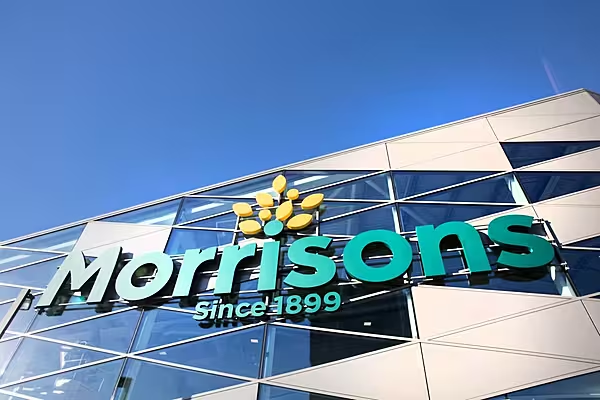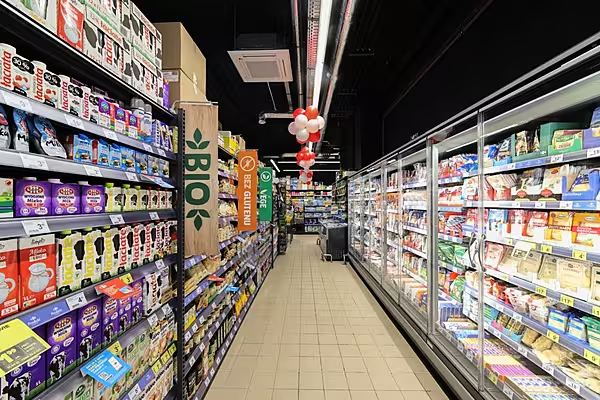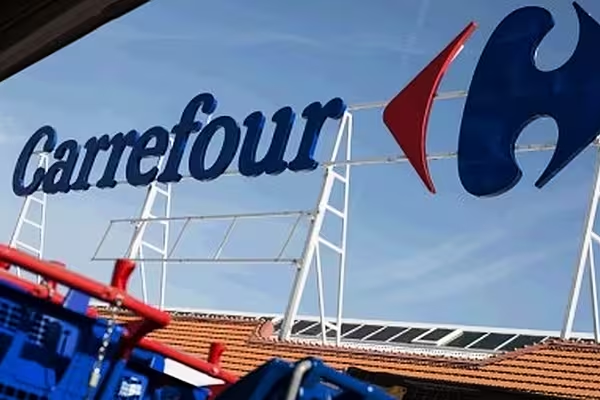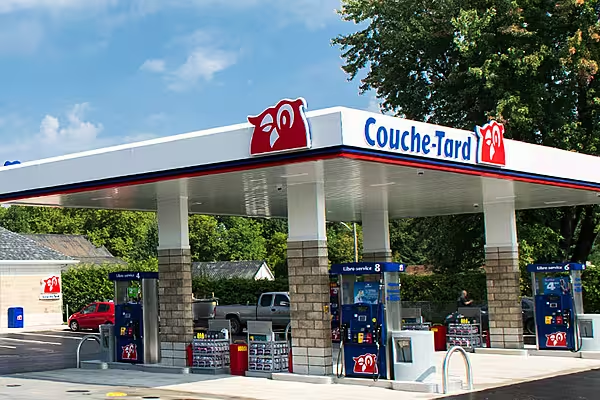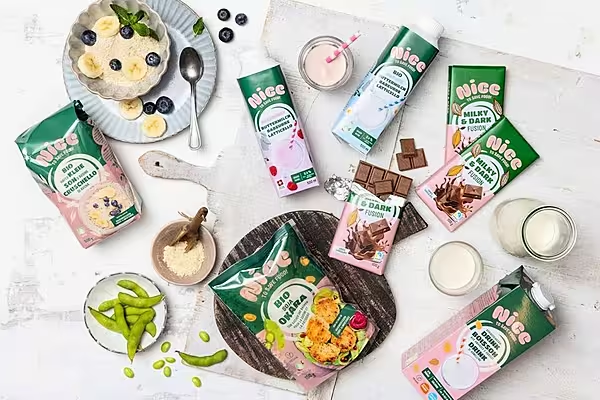Carrefour has reported weaker third-quarter sales growth than expected, as food price inflation declined and consumers kept cutting back on spending.
Chief executive Alexandre Bompard had warned in August that French consumers were massively cutting their spending on essential goods, and blamed consumer goods firms for not bringing prices down fast enough.
Third-Quarter Sales
Third-quarter sales came in at €23.63 billion, marking like-for-like growth of 9%, a slowdown from 10.3% growth in the second quarter, but Carrefour stuck to its 2023 targets.
The weaker sales, missing analysts' expectations of €24.22 billion, were due to food inflation slowing in France and food prices falling in Brazil, the company said.
"In a context of continued pressure on the purchasing power of our customers, our group confirmed the solidity of its commercial momentum and the attractiveness of its model," Bompard said in a statement.
Trading Down
Consumers are continuing to trade down and volumes for food and non-food items fell again in the quarter ended September 30, Carrefour said. CFO Matthieu Malige said those trends continued in the first weeks of October.
In France, which accounts for around 46% of Carrefour's revenue, hypermarket sales rose 4.2% in the third quarter compared with a 6.6% rise in the previous three months. Competition in the French grocery market has been heating up, putting pressure on Carrefour.
"We think we have the right level of competitiveness in the market," Malige told analysts on a call. "We keep investing with price decreases, with the full range of services including promotions and loyalty, and on private label."
Brazil Sales
In Carrefour's second-largest market of Brazil, where it operates the Atacadao grocery store chain, sales fell 3.7% on a like-for-like basis, reflecting a decline in food prices.
Carrefour, which has stores in Spain (where it announced a recent acquisition), Italy, Belgium, Poland, Romania, and Argentina as well as France and Brazil, said its own-brand products accounted for more than 35% of food sales over the quarter, an increase of three percentage points over the same quarter last year.
The retailer aims for private label to account for 40% of food revenues in 2026.
